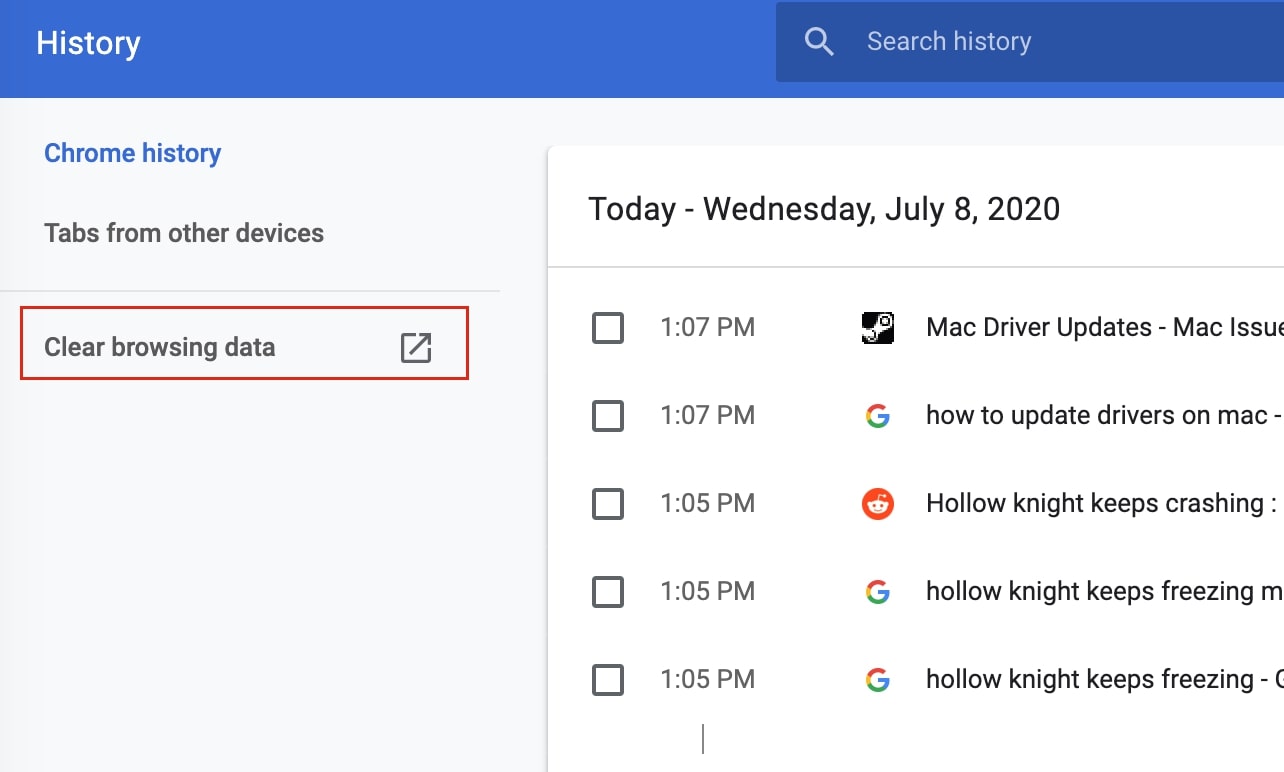

Of course, my understanding of the problem is only preliminary. But the generality requirement seems artificial: surely a memory that records the only future configuration of the system remembers the future in a deterministic world, there being no "what ifs" regarding that state? Why couldn't it occasionally be a memory of the future for that matter? Explanation (2) leaves no such ambiguity. So what? It doesn't have anything to say on the nature of that memory. Yes, increase of (new) memory happens only as total entropy of the universe increases. My problem with explanation (1) is that even if it's correct, it doesn't seem to be a complete answer in itself. This fine-tuning disqualifies it as a bona fide memory. So any memory of the future of the system "could remember only one possible configuration of that system".

But the smallest changes in the future state destroy the thermodynamic arrow of time between now and the future. Specifically, they argue that a memory should be somehow robust to small microscopic changes in states of the system it records (what they call "generality" requirement). The conclusion is arrived by imposing some constraints on what a memory system should be like.


 0 kommentar(er)
0 kommentar(er)
